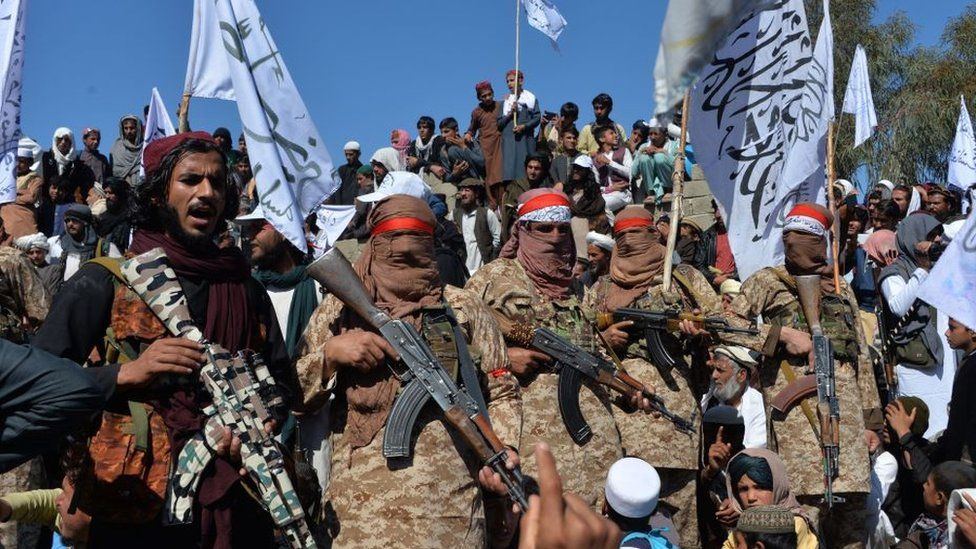In a shocking revelation, an unpublished U.S. government report has exposed the extent to which the Taliban has infiltrated aid deliveries in Afghanistan. The United Nations, tasked with distributing billions of dollars of international assistance to the hungry and needy in the country, has been compromised by the terrorist-run Taliban. This alarming report, commissioned by the U.S. Agency for International Development (USAID), highlights the Taliban’s exploitation of foreign charity as a lucrative revenue stream, raising serious questions about the UN’s ability to control aid flow. As Afghanistan struggles with its political and economic situation two years after the fall of Kabul, the report unveils the Taliban’s firm grip on power and their financial strategies to maintain control.
Taliban’s Longstanding Exploitation of Charities and Aid
The Taliban’s infiltration of international aid delivery is not a new phenomenon. Since their rise to power in the 1990s, they have been tapping into charities and aid organizations to siphon money. However, their control over aid has gained greater significance since the takeover of Afghanistan in 2021, when they ascended to power, consolidating the roles of terrorists, drug traffickers, and illegal traders. With fewer opportunities for illicit activities, diverting aid money has become a vital income source for Taliban leaders and fighters.
USAID Report Exposes UN’s Struggle to Control Aid Flow
The detailed USAID report obtained by Foreign Policy confirms that aid is systematically diverted through Taliban-controlled channels. The UN’s ability to manage aid distribution effectively is a serious concern. The report questions their capacity to hold the Taliban accountable for their actions and policies impacting the Afghan people. The UN’s presence in Afghanistan is under scrutiny due to the Taliban’s ban on women’s employment in NGOs, a violation of the fundamental principle of nondiscrimination in the UN Charter.
Taliban’s Shadowy Financial Practices Unveiled
The report reveals the Taliban’s financial prowess. They excel at tax collection and basic budget management, even amid Afghanistan’s economic collapse. Their estimated annual revenue is $2 billion, but their financial practices remain unclear. Investigators are uncertain about how they use these funds. Around 40% of the national budget is allocated to the security sector, ensuring loyalty from former military commanders and armed supporters. Yet, the destination of the remaining funds remains unclear, raising suspicions about the Taliban’s true intentions and financial expenditures.
With the UN agencies and NGOs under their control, the Taliban’s stronghold over the country’s resources and funds poses a grave challenge to international aid efforts. As Afghanistan’s struggle continues, the world watches closely, questioning how the UN will respond and whether there is any hope for a reversal of the Taliban’s repressive policies.
















